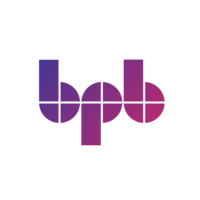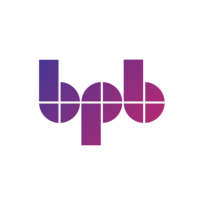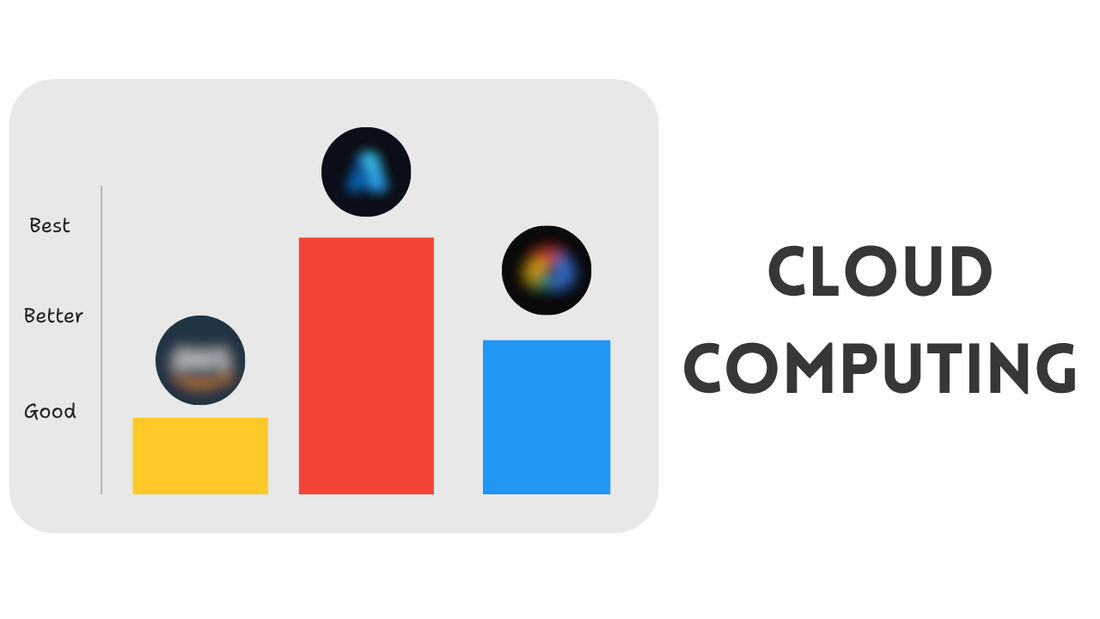In today's fast-paced tech world, having cloud computing skills is essential. However, with Amazon Web Services (AWS), Microsoft Azure, and Google Cloud Platform (GCP) dominating the market, choosing which one to focus on can be a critical career decision that impacts your interview opportunities and professional growth.
Let us break down these three cloud giants and help you make an informed choice for your career in 2025.
A Quick Overview of The Big Three:
-
Amazon Web Services (AWS): As the first to market, AWS is the most mature and widely adopted cloud provider. It holds the largest market share (29% in Q1 2025) and offers the most comprehensive suite of services. While its console can be complex for newcomers, its reliability and vast service offerings make it a go-to for millions of workloads. AWS continues to innovate with advanced services like SageMaker for AI model building and enhanced voice and image recognition.
-
Microsoft Azure: Launched in 2010, Azure is a strong competitor with a 22% market share in Q1 2025, showing steady growth. Its key strengths lie in hybrid cloud capabilities and deep integration with other Microsoft products like Office 365. Azure's web console is often praised for being more intuitive than AWS, and its pricing model is considered more straightforward. Azure is particularly powerful in the AI/ML space, offering a robust platform for developers to build AI solutions.
-
Google Cloud Platform (GCP): Entering the scene in 2011, GCP is renowned for its strength in big data and machine learning. With a 12% market share, it is a key player, especially for developers and startups. GCP's console is considered the most user-friendly of the three, and it is often seen as the most cost-effective option, particularly for those who prioritize optimization. Its open platform and strong focus on AI-powered innovations like Vertex AI and advanced security solutions make it a compelling choice.
Key Differences & Recurring Patterns
A clear pattern emerges across the three providers in several key areas:
-
Service Comprehensiveness: AWS leads with the most extensive range of services, followed by Azure, which offers a robust set, particularly for enterprises. GCP is more focused, catering to specific use cases.
-
User-Friendliness: Azure and GCP are generally seen as more intuitive and beginner-friendly, with streamlined web consoles compared to AWS, which can feel overwhelming.
-
Specific Strengths: AWS is known for its reliability and breadth of services. Azure excels in hybrid cloud and AI/ML, especially for organizations already using Microsoft products. GCP stands out in big data and machine learning, offering a more open platform with a strong focus on open-source tools.
-
Databases: All three provide a wide array of fully managed database services, covering everything from relational to NoSQL. AWS is known for having a managed service for almost every data storage need.
-
IoT Services: AWS has the most comprehensive IoT offerings, but they can be complex. Azure IoT is considered more beginner-friendly, while GCP's IoT services focus on data analytics and are easy to use, though less comprehensive.
-
No-Code/Low-Code: AWS has services like AppRunner and Honeycode, Azure offers Logic Apps and Power Automate, and GCP provides Cloud Dataflow for building data processing pipelines.
How Companies Use Cloud Providers for a Multi-Cloud Strategy
A key trend in 2025 is the widespread adoption of multi-cloud strategies, with 92% of companies expected to adopt them. Large enterprises often use a primary cloud provider (e.g., AWS or Azure) for their core infrastructure while leveraging secondary providers for specific services. For example, a company might use GCP for its superior AI/ML or data analytics services. This approach helps companies avoid vendor lock-in, optimize costs, and leverage the best services from each provider.
Which Cloud Should You Learn for Your Career in 2025?
The right choice for you depends on your career stage and goals.
For Freshers/New to IT (No Experience):
If you are a beginner aiming for a DevOps or Site Reliability Engineer (SRE) role, your best bet is to focus on either AWS or Azure. The job market for these two providers is massive, and mastering the fundamentals of one will give you a solid foundation for understanding the concepts of the other. You cannot go wrong with either choice to kickstart your cloud journey.
For Experienced IT Professionals (Transitioning from QA, DBA, etc.):
The most logical move is to learn the cloud platform that your current company uses. This approach makes it much easier to transition to a cloud-focused team, gain practical experience, and demonstrate immediate value. Gaining hands-on experience within your organization's environment is invaluable for career advancement.
For Current DevOps or SRE Engineers (Already know AWS or Azure):
If you are already proficient in AWS or Azure, you should definitely learn GCP. As multi-cloud strategies become the norm, having expertise in more than one cloud provider will significantly increase your value to employers and open up more advanced career opportunities.
Recommended Cloud in 2025:
Based on current market trends and job openings, if you must choose just one, Azure is the recommended choice. The job market for Azure is growing significantly, and the competition may be less intense compared to the saturated market for AWS professionals. However, do not discount AWS—it remains the market leader, and if you are confident in your skills, it offers immense opportunities.
Ultimately, the best cloud platform for you is the one that aligns with your specific career goals and learning style. Take advantage of free tiers to get hands-on experience and see which platform you prefer working with.




